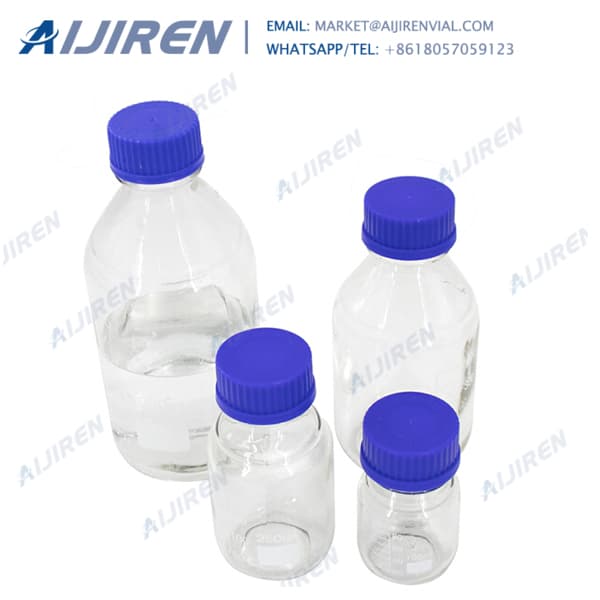
A new Creative Commons search tool for creators seeking to discover and reuse free resources with greater ease.
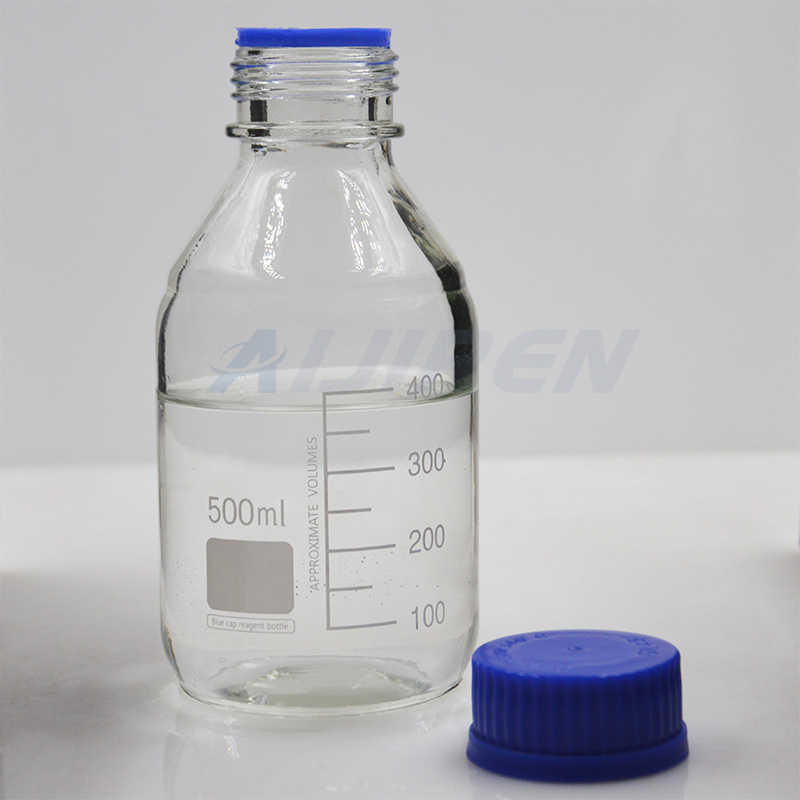
Volumetric flasks are not used for storage of solutions. Once the solution is prepared, it is transferred to a clean, labeled bottle or beaker. The flask is then washed and rinsed well. The last few rinsings should be with deionized water Burets A buret is a long, narrow tube with a stopcock at its base.
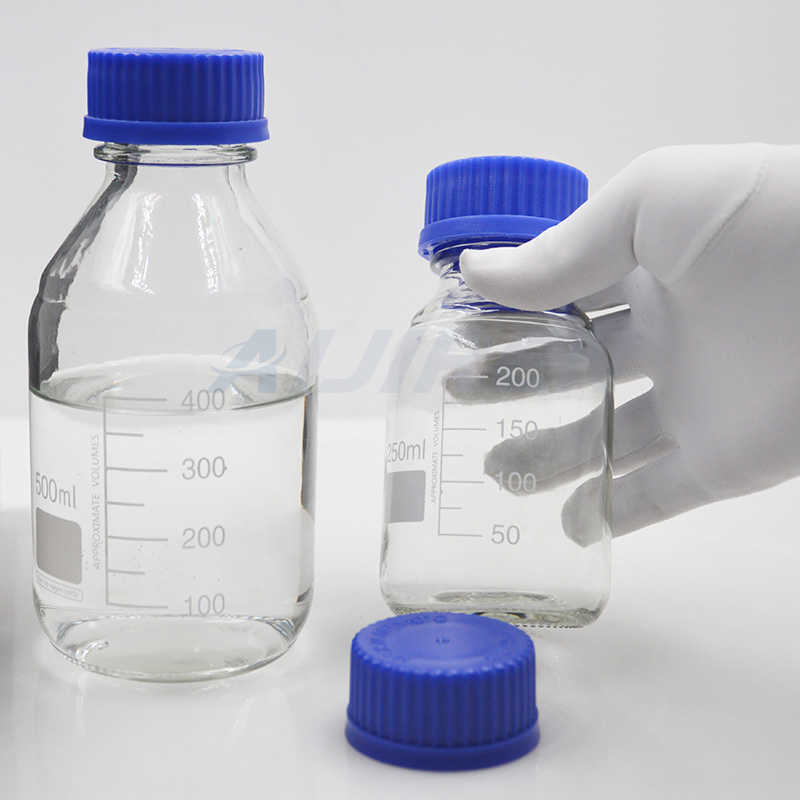
• Ready-to-Use products are becoming more common because of their ease of use "Use 1 lb per 100 gal of water""Use 1 lb per 100 gal of water" ... Apply 250 ml ...
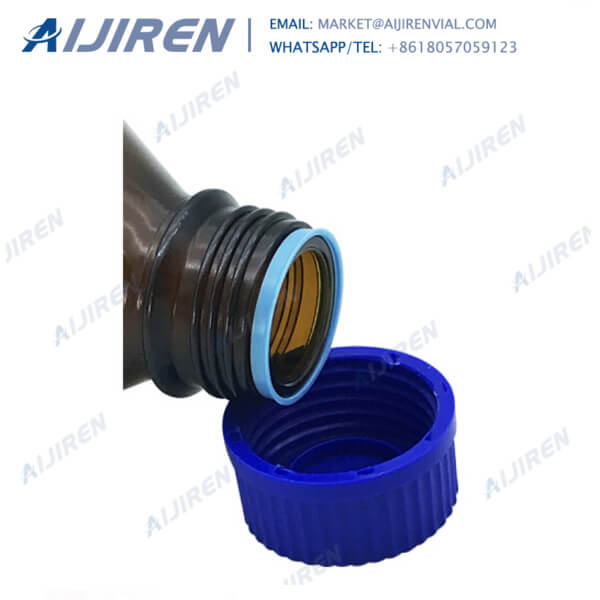
Feb 14, 2021 · You use ½ cup lemon juice per quart of water. The only problem with this one is that it is said that the cramps may be pretty bad. dill1971 August 14, 2010 . @calabama71: My mother has actually used the milk enema. I’m not sure of the success of it, but she mixes 1 ½ quarts of warm water with 16 oz. warm milk and 1 Tbsp. olive oil.

Boston Square bottles provide a safe alternative for glass storage bottles. Bottle material and volume are molded into the side of the bottle for easy identification, along with the metric graduation marks certified to be accurate within ±5%.
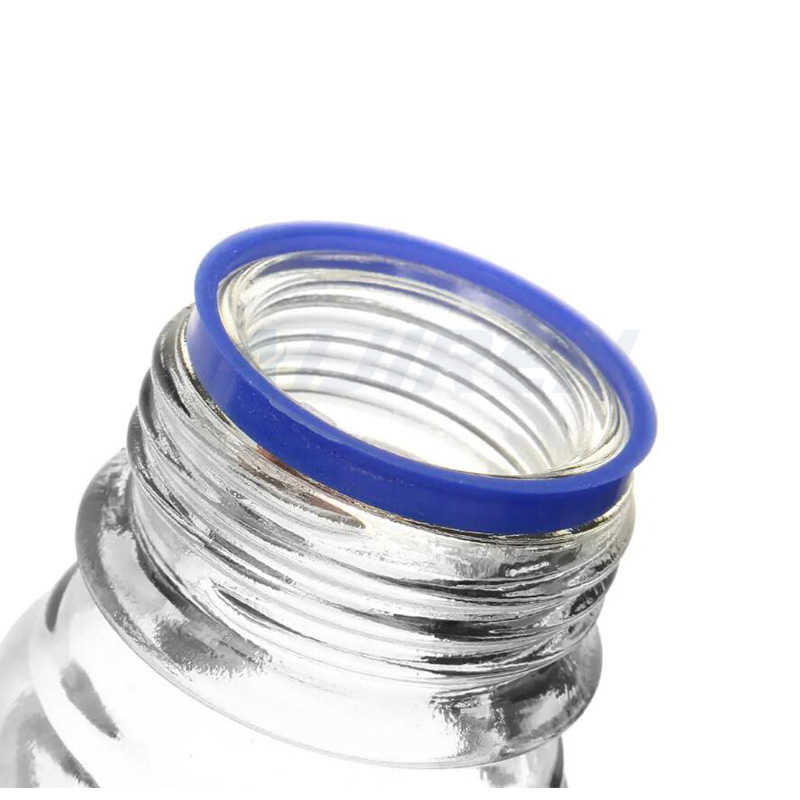
Used with a ring stand to hold glassware, such as a beaker or a funnel. Ring Stand Used to hold or clamp laboratory glassware and other equipment in place, so it does not fall down or come apart.
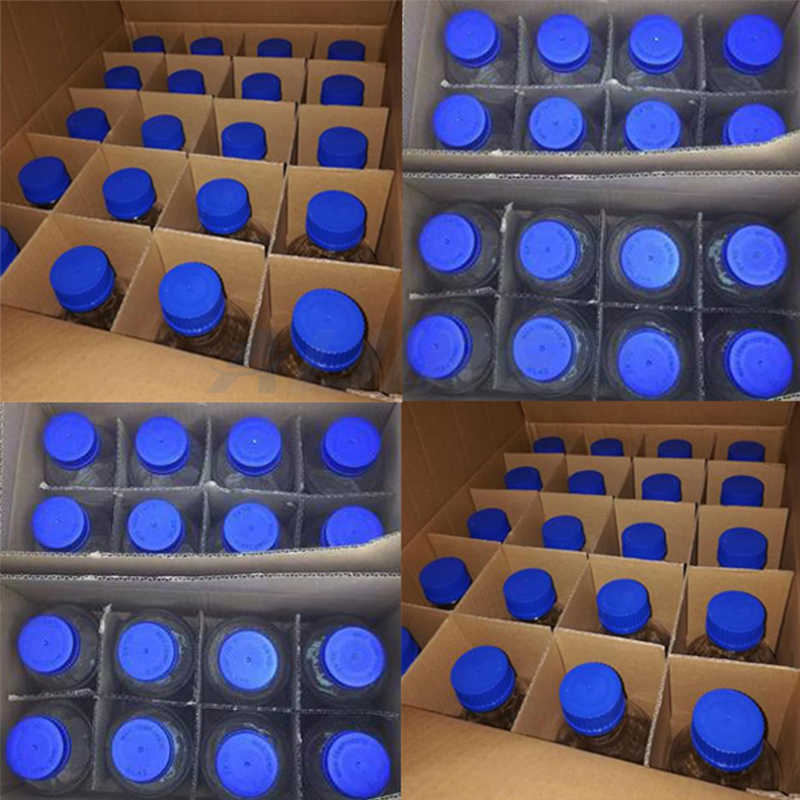
While the bore water may appear clear and clean because the ground naturally filters out particulate matter, this does not mean the water is safe for drinking or other uses. If you have a bore that is used for commercial or public purposes the testing requirements may be different. Please contact the SA Health’s Scientific Services on 08 8226
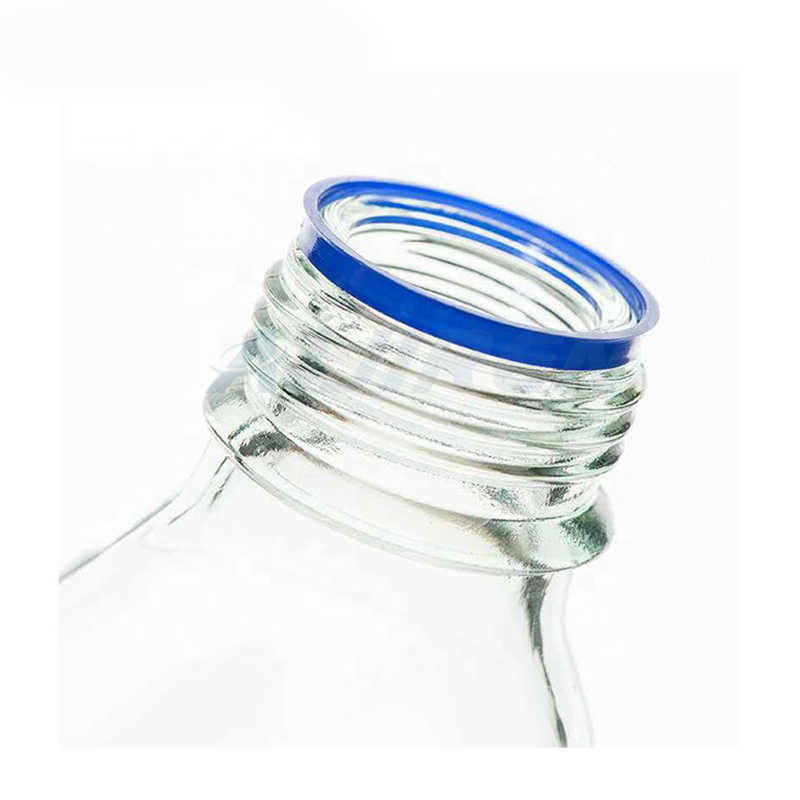
Sep 13, 2019 · Beakers are the workhorse glassware of any chemistry lab. They come in a variety of sizes and are used for measuring volumes of liquid. Beakers aren't particularly precise. Some aren't even marked with volume measurements. A typical beaker is accurate within about 10%. In other words, a 250-ml beaker will hold 250 ml +/- 25 ml of liquid.
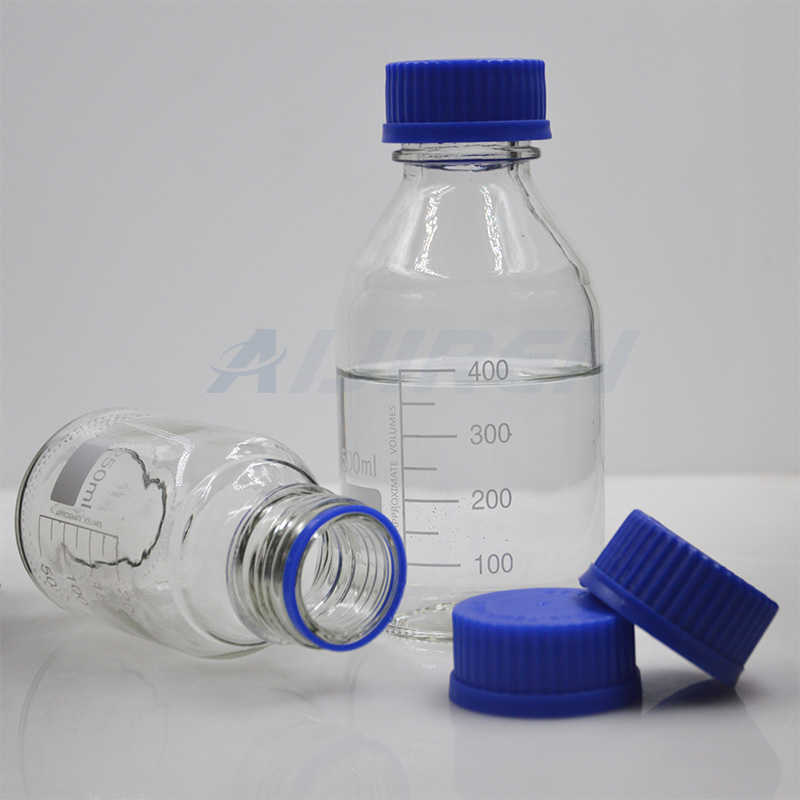
Internationally the ISO sizes are used with 14/23, 19/26 and 24/29 very common in research laboratories, with 24/29 the most common. In the US the ASTM sizes (equal to the now obsolete Commercial Standard 21) are used with common sizes being 14/20, 19/22, 24/40 and somewhat 29/42. In the US 24/40 is most common.
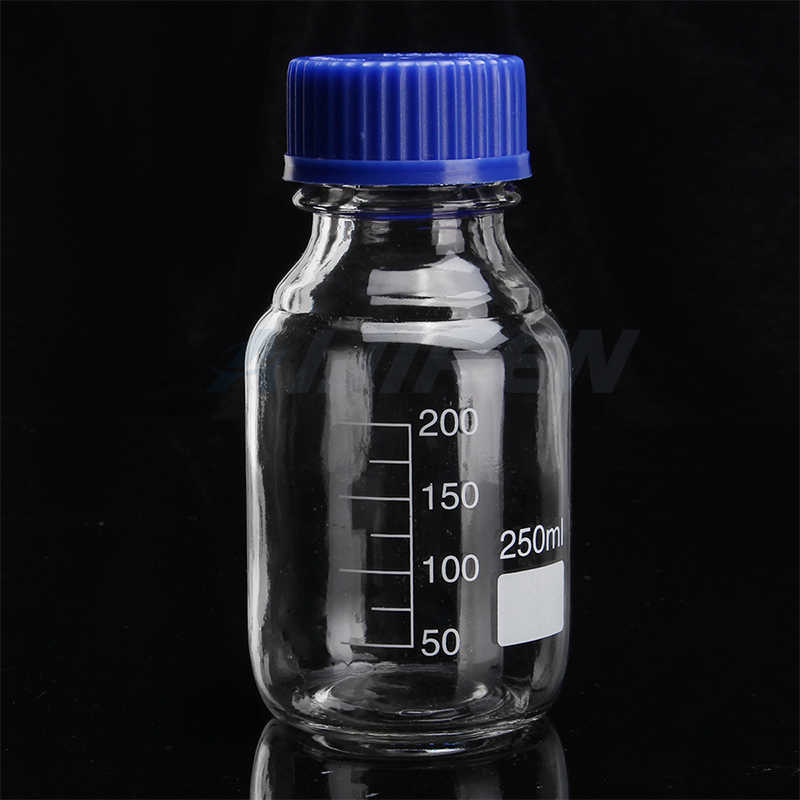
(This is critical! 198 ( 30.5 mg Oxygen/L is based on a 2 % dilution of GGA (6 mL/300). It is important not to use multiple dilutions which use other than 6 mL). Seed is then added and the bottle is filled with dilution water. These bottles are incubated and BOD is determined similar to sample bottles. 3.
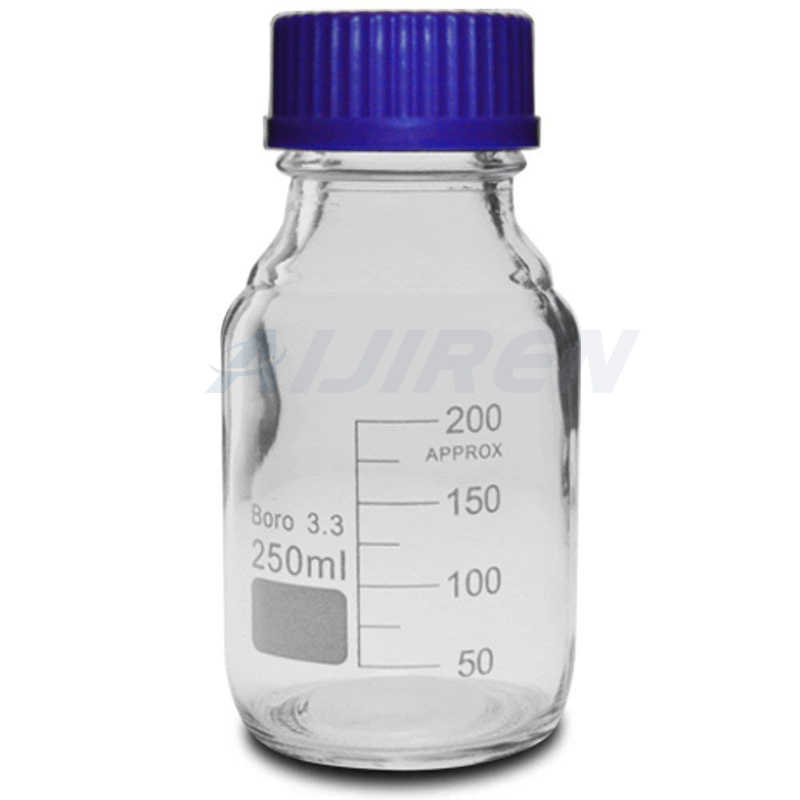
Buy 2 Packs of United Scientific Media Bottles, Get 1 Free! Choose the United Scientific Bottles for your mixing, storing, or sampling needs. These bottles are available in your choice of 150mL to 1000mL.

Things gets hairy when you are trying to fill 250ml (or 250cc) of liquid in a 8oz bottles. While some 8oz bottle do comfortably fill 250cc liquid as it’s OFC are in the 270cc range, some do not. If you examine the actual conversion, you will discover that 8oz only converts to 236.588cc.
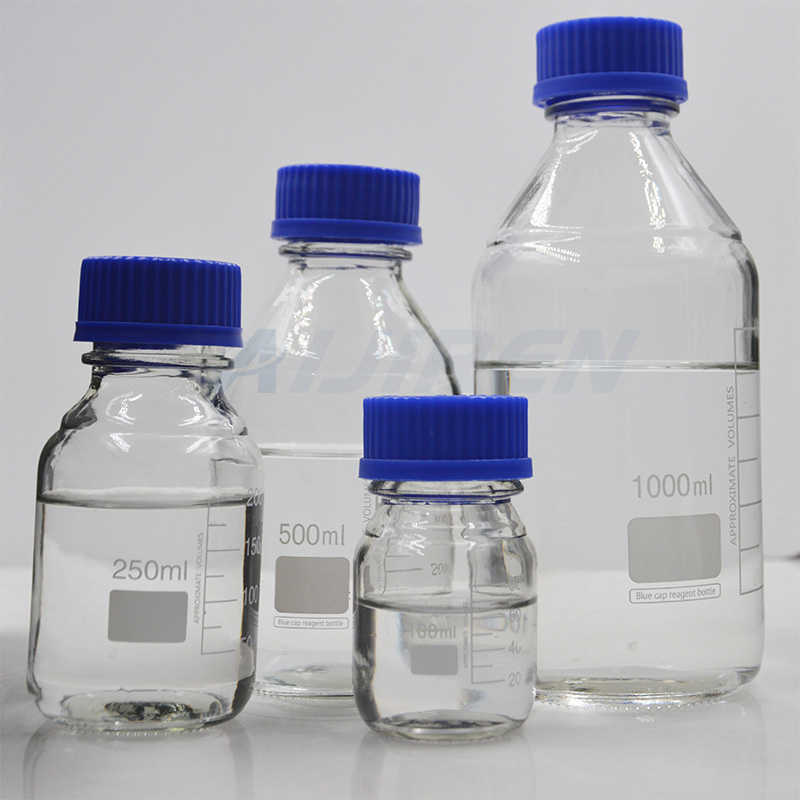
Jun 01, 2016 · Fill the bottle with water even with the top of the label and hold it so that it's bottom is perfectly aligned with the frame's top. Adjust until the water in the bottle is level. 13.

Chemically resistant and stable laboratory bottles, approved for use vacuum or pressure. rated at -1 to +1.5 bar, (-14.5 to +21.7PSI). Bottle only with blue graduations, without cap or pour ring. For cap and ring see 7622. Available clear, amber or plastic coated. Temperature range up to 140°
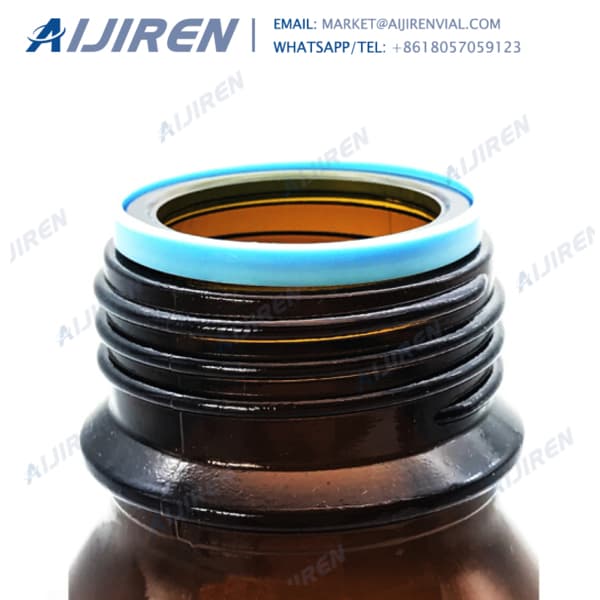
Common bottle sizes include 100 ml, 250 ml, 500 ml, 1000 ml (1 liter) and 2000 ml (2 liter). Older bottles, especially for medical use and for expensive chemicals, can be found of capacities well under 100 ml.